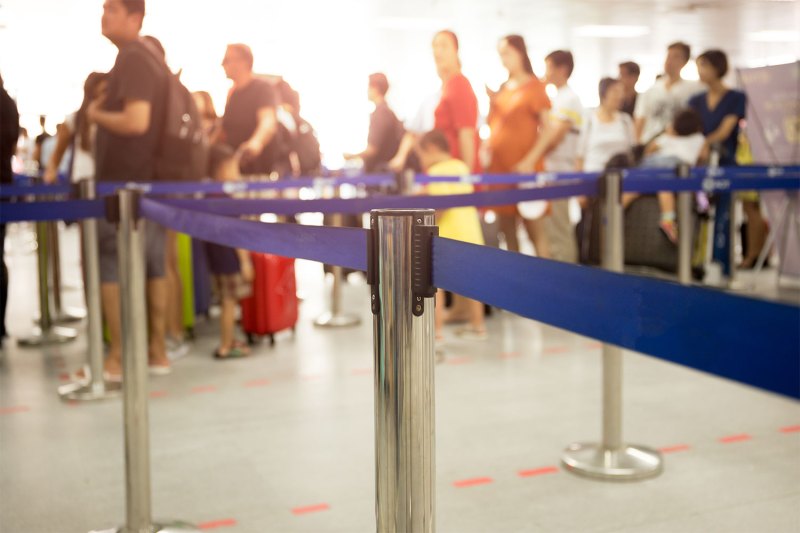As we get deeper into this pandemic, more everyday transactions are becoming contact-less. Cashing out at the grocery store, school learning, even buying a car can all be handled without commingling with another human being. While it’s undoubtedly less personal, it’s also safer from a health perspective. Now, the Transportation Security Administration wants to bring that same level of automation and efficiency to airport security checkpoints around the country.

To further promote social distancing and reduced human-to-human contact, the TSA this month launched a pilot program for contact-free checkpoints at Ronald Reagan National Airport in Washington, D.C. The new self-service protocol replaces the process of travelers physically handing their passports and other travel documents to a TSA agent. Instead, travelers now scan their own documents, and facial recognition software automatically matches their face to the photo on their passport or personal identification. An agent seated behind a protective acrylic barrier then reviews and approves the match. Eventually, the goal is to remove the agent from the process entirely. For now, the new procedure is voluntary. Passengers can opt for the old-school route of having a TSA agent manually verify their documents.
Facial recognition technology has long been standard in parts of Europe and Asia. The TSA has slowly been moving toward automated security checkpoints for years. However, the importance of adopting the next-gen technology is more critical now than ever. In 2019, the TSA tested a similar program at Vegas’ McCarran International Airport. This year, the administration rolled out automated facial scanning booths for Global Entry members at 15 U.S. airports to expedite border crossings. The historical downturn in travel (and tourism dollars) has left the industry scrambling for creative ways to ensure passengers that they can travel safely. That’s included everything from pre-flight COVID-19 blood testing to full-body, car-wash-style disinfecting chambers to extreme new onboard cleaning protocols.
The TSA is piloting these voluntary self-service checkpoints only for some TSA PreCheck program customers at Ronald Reagan National Airport. Given this so-called “new normal” we’re living in — especially considering that this pandemic could last well into next year — the technology is likely to roll out to other U.S. airports in one form or another.
If you’re already looking ahead to where and whether you might travel next year, now is the time to start planning.


